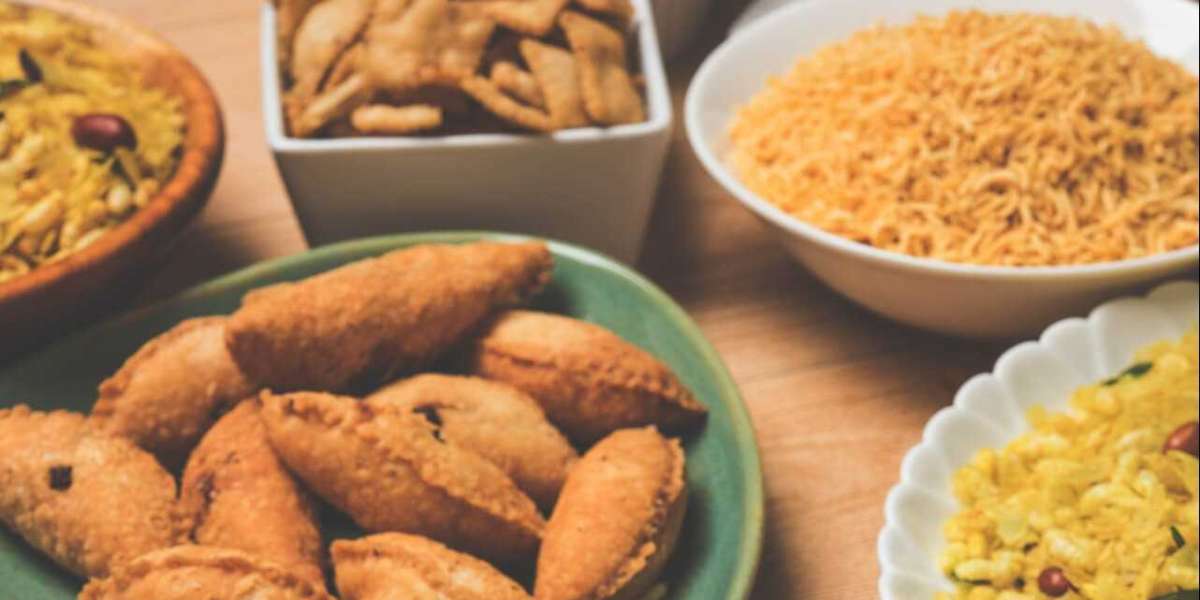The word Deepavali consists of two words, Deep means lamp or flame and Avali means a line of lamps. Therefore Deepavali is a festival of light, the festival of flame. Deepavali, being one of the most important festivals celebrated throughout the India, has many norms or customs as in how to celebrate it. But if we try to list them, the first two would be to light lots of lamps and to eat Deepavali special food. Indian culture has always found a connection between nature, atmosphere and the person and has designed all the festivals in such way that it helps to maintain a balance between all and Deepavali is not an exception to this.
According to Ayurveda, Deepavali comes in season when the Digestive fire has begun to again become strong after the rainy season. Lighting lots of lamps outside, helps definitely to ignite the digestive fire within as well. At the same time Ayurveda also recommends to consume right and sufficient food during this time of the year (beginning of winter and winter) as it will help to nourish all the 7 dhatus and boost the immunity.
Deepavali’s special food items like chakli, kadboli, anarsa, karanji etc. are part of time tested traditions and we can find their recipes in ancient Ayurvedic texts. Similarity observed in the recipes given then and practised today, is not only surprising but also helps us to understand the fact that all traditions have their roots deep down in the ancient science of health. Even today if we can follow traditions, they will help protect us and keep us healthy at all levels. Let’s take a look at some of the Deepavali festival foods that are explained in Ayurveda.
Deepavali and Chakli are inseparable from each other, the Sanskrit name for chakli is almost the same, ka-chakalli. Ka-chakalli is prepared from Black gram flour along with spices like hing (asafoetida), fresh ginger and rock salt. All the above ingredients are kneaded firmly with help of water. Once the dough is ready, it’s given a shape of a thick wick and rolled in a circular manner and deep fried in ghee.
Ka-Chakalli
Deepavali and Chakli are inseparable from each other. The Sanskrit name for chakli is almost the same – ka-chakalli. Ka-chakalli is prepared from Black gram flour along with spices like hing (asafoetida), fresh ginger and rock salt. All the above ingredients are kneaded firmly with the use of water. Once the dough is ready, it is rolled into a thick wick-like shape, then curled in a circular or spiral way and deep fried in ghee.
Ka-chakalli is said to be strengthening and nourishing. It especially nourishes the shukra dhatu which helps to improve vitality. It also has a capacity to satiate the appetite. Since Ka-chakalli is deep fried, it is heavy to digest and increases pitta and kapha dosha. However, when consumed in the right proportion for your constitution, it can pacify the Vata dosha too.
Anarsa
Another traditional Deepavali food is the exotic Anarsa, whose original name is Shalipup. Shali means rice, which is the main ingredient in this recipe. Any local, good quality rice is washed 2-3 times and dried. Once properly dried, the rice is ground to make a fine flour. Then, it is mixed with jaggery, some ghee and some water, and kneaded to make a soft dough. A small portion of the dough is flattened by hand, dipped in poppy seeds on one side and fried in ghee. These Shalipup or Anarsa have been praised to be as effective for health as any good Rasayan made in Ayurveda. They can nourish all the dhatus, enhance taste, lubricate the body, are cooling in nature and help to form proper stool.
These shalipups or Anarsas are praised as good as any Rasayan preparation from Ayurved. They can nourish all the dhatus, enhance the taste, lubricate the body, are cooling in nature and help to form the stools.
Read more about Indian Culture and how diwali snacks support your health
Visit Santulan Ayurveda to discover more about ayurvedic diet and ayurvedic medicines that helps in maintaining gut health.














